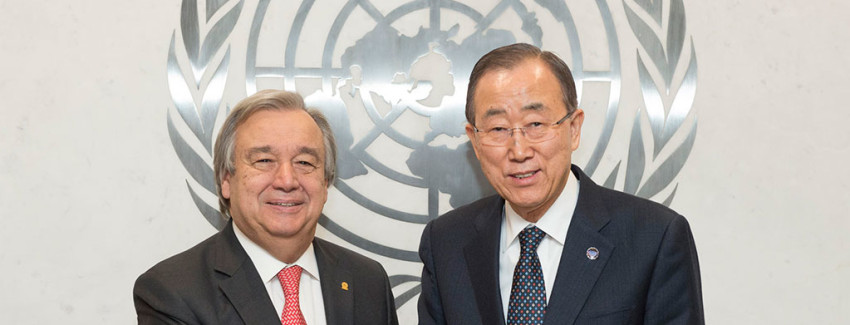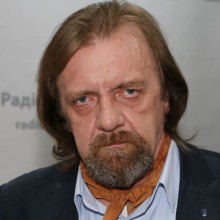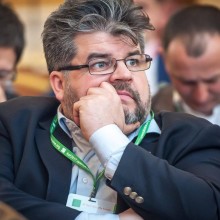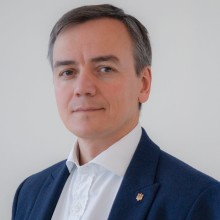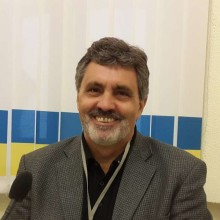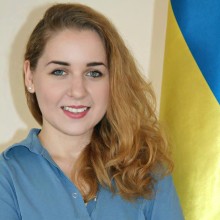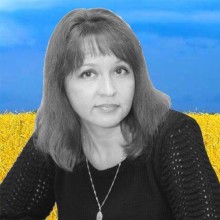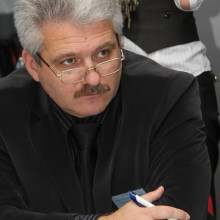Ukrainian political expert, Chief of Maidan of Foreign Affairs Bohdan Yaremenko on what will or will not change in UN with new Secretary-General.
António Guterres
He is set to become the new Secretary-General of the United Nations.
He has yet to be appointed during the UN General Assembly. However after Security Council has agreed the matter, we can predict it surely will happen.
Naturally, we wish Mr. Guterres, ex-prime minister of Portugal and ex-United Nations High Commissioner for Refugees, successful election and thereafter equally successful work.
Talks have already began: what would he be like, for whom would he work, what would he do, etc.
Since the Byzantium and Mongol invasion, we have started a trifle to overrate different kinds of authorities. Particularly, heads of different international organizations.
Secretary-General of UN is not a leader of humanity, no matter how someone would like to add some status weight to UN as the "single universal organization of humans". Secretary-General of UN is the mediator of UN member states and High Executive for the UN Secretariat. His personal reputation, beliefs and political stance are seriously limited by ambitions of UN member states, also by financial capacity of the Organizations, which by no means are limitless.
The necessity to rely on the position of UN state members traditionally deprive the Secretary-General of the space to maneuver and make him very sensitive to desires of the main UN budget contributing states. Certainly USA, Russia, China will be among them…
One more limit is the original inner communication style within the UN.
Let's consider this example.
Some State #1 thinks that State #2 commences armed aggression against it. State #1 initiates UN Security Council meeting and proposes the project of resolution containing words "UN condemns the aggression, carried out by State #2 against State #1 as violation of the Charter of UN".
This project of resolution gets to the UN Security Council. State#3 diplomats start consulting with colleagues of State #1 and explain: the document can get the votes of State#3 and some other friendly states only in case if State #2 is not mentioned in the text. They reasonably point out that everyone in the whole world knows which country it is all about. In addition, if the name of the State #2 appears in the document's title, it will use the right of veto. Meanwhile diplomats forget to mention they have clear instructions to avoid excessive confrontation between State#3 and State #2, because these are in the middle of serious negotiations on strategic question.
For the sake of forming international coalition supporting State #1, the latter agrees to change the text of resolution like this: "UN states condemn an aggression carried out against State #1 as violation of the Charter of UN".
During the Security Council Meeting State #2 proclaims it does not make any aggressive moves towards State #1, there is just civil war going on there. It proposes to change the text of resolution totally, excluding all mentions of aggression, including words about civil war and urging all sides of the conflict to respect international legislation, human rights and abstaining if violence. Under weight of all arguments, in order to demonstrate its constructivism, State #2 agrees to compromise - after prolonged discussion. Now resolution sounds like this: "taking into consideration the events taking place in State #1, UN confirms the commitment to the Charter of the United Nations".
After that, following UN logics, some State #4 or Secretary-General is bound to appear. Someone who proposes – for the sake of peace, understanding and dialogue, and taking into account the compositional traditions for this kind of documents within UN – to change resolution in question some more. Something like "UN confirms the commitment to the principles of Charter of the United Nations".
Completing this fictional example, we have to note: during the last few years Mr. António Guterres has been working in this system, which always "Confirms it's commitment to the ideals of peace and to the Charter of UN".
I wouldn't build up my hopes too high.
Although, during our last presentation of analysis about sanctions against Russia the occupation of Crimea, we greeted the representative of Portuguese Embassy in Ukraine – first time in our office. Looks like Portugal has more serious attitude than me in question of appointment their representative as the UN Secretary-General. Let's wish them all best luck and assure them in our total commitment to spirit and letter of UN Charter.
Source: Ukraine Today
